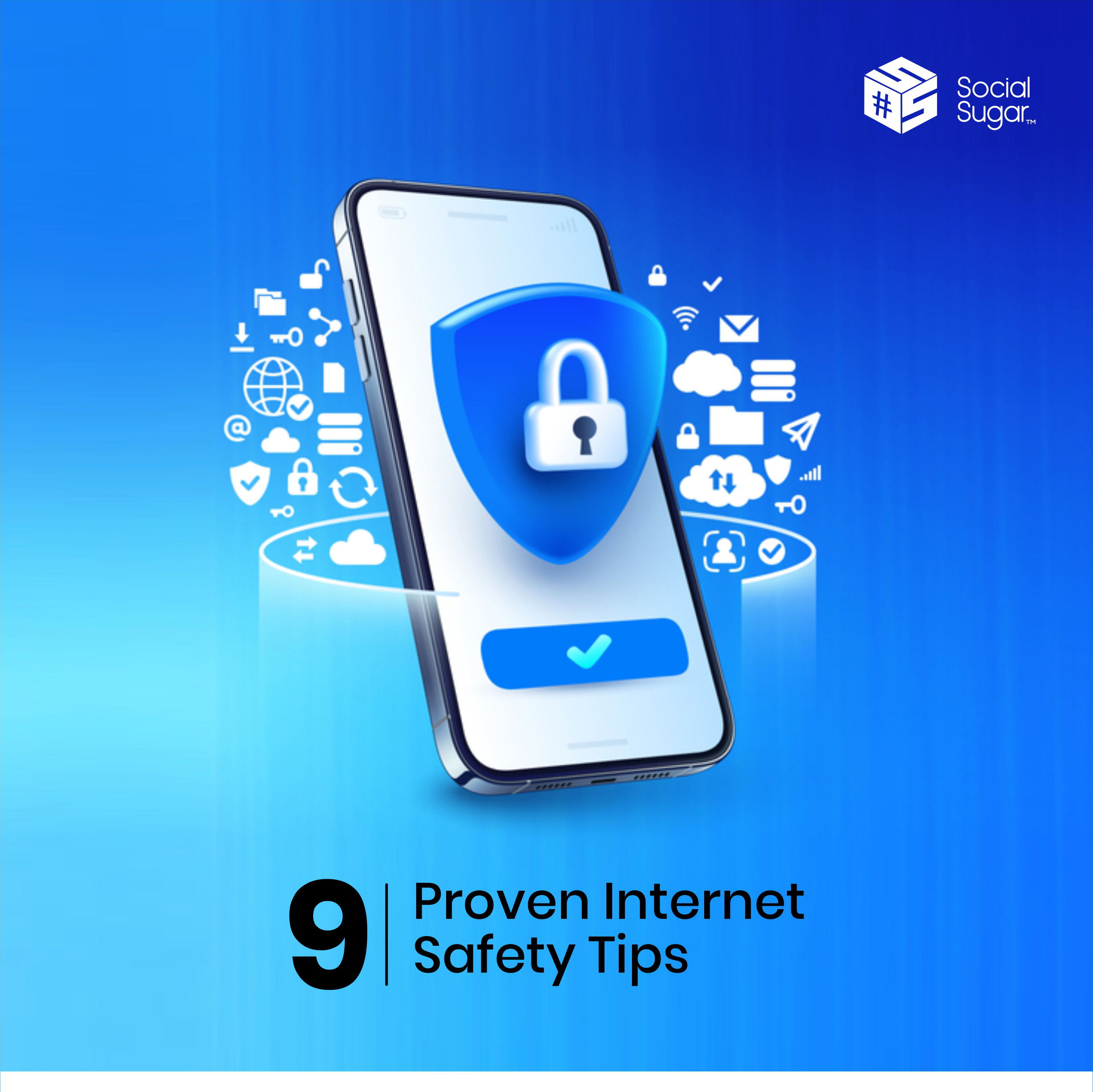In the past year, online sales have surged with COVID-19 lockdowns forcing many people to find new ways to shop, perform transactions, and render services, exacerbating the trend from the physical human contact approach to a more remote approach.
There are considerable benefits to sharing your information online, but there are also inherent dangers in doing so, particularly since your information can be accessed by others.
Media reports indicate that hackers are becoming increasingly brazen in their efforts, even shutting down entire companies, leveraging their data for ransom. With all these going on, taking a few precautions with your online safety is a good idea – which is where the simple tips below come in handy.
- Always Use Strong Passwords
A good password needs to contain numbers, letters (uppercase and lowercase), and unique signs. There are also tools that can make this process easier. Remember to use a unique password for each account and either write them down in a safe place or use a secure password manager. Simple passwords that are easy to guess don’t protect anything.
- Keep Your Personal Data Personal
Finding out dates of birth, email addresses, and details about your family makes it easier for hackers to break into your accounts online. Customize privacy settings on the services you use. Don’t just go with the defaults. Even then, only share the information you must to make a service work. Be cautious of entering personal or sensitive info on just any website that asks.
- Beware of Unsecure Websites
Before putting personal and sensitive information on a website, check the site’s address. The address should always start with “HTTPS,” instead of just “HTTP,” and have a padlock icon in the URL field. This indicates that the website is secure and uses encryption to scramble your data so it can’t be intercepted by an identity thief. If a site doesn’t possess these features, it is best to stay away.
- Use Legitimate Software
Whenever you need to get an app and program, do that through their official website. Otherwise, you risk downloading a malicious program. Also, remember to keep all of your software updated so you have the latest security patches. Turn on automatic updates on your computer, tablet, and cell phone so you don’t have to think about it and make sure that your security software is set to run regular scans.
- Be Careful With Your Credit Card
Only use debit cards that are linked to your bank directly on legitimate and official websites. If you’re not sure a particular site is legitimate or secure, You can get a designated virtual card set aside for such transactions. With this, hackers won’t have direct access to your bank account. Consider this a second layer of protection. Also, be on the lookout for websites that have misspellings or bad grammar in their addresses. Chances are, they are copycats of legitimate websites.
- Use Two-Step Verification
A lot of platforms and software allow two-step verification, which you can choose to enable or disable… You should always enable this function. Google offers this option to all users. Instead of simply typing in your password, you would need to put in a code sent to your phone. This adds an extra layer of security to your accounts.
- Steer Clear of Phishing Scams
Online threats are evolving all the time, so make sure you know what to look out for. Currently, “Ransomware” is on the rise. This is a form of malware that encrypts a victim’s files. The attacker then demands a ransom from the victim and restores access to their data upon payment. Stay on top of this and other threats by staying informed. Whenever you receive a message, think if the sender is someone you know. Do not click on links in the messages from unknown senders.
- Secure Your Network and Use Firewall
You need to secure your network at all times. Make sure you change the name and password after getting a router from the service provider. Even if your network is secure, you should still use a firewall. This is an electronic barrier that blocks unauthorized access to your computers and devices. Using a firewall ensures that all of the devices connected to your network are secured, including Internet of Things (IoT) devices like smart thermostats and webcams. This is important since many IoT devices aren’t equipped with security measures, giving hackers a vulnerable point of entry to your entire network.
- Don’t Forget to Log Out
Whenever you’re finished on a platform or website, never forget to log out. Especially if you’re not using a personal computer. Staying logged in is dangerous for the security of your personal information. Since online services save your data… so if you don’t log out, anyone who has access to the computer also has access to your personal information.
There’s no silver bullet for security. It’s really just a game of reducing your chances of being a victim. But hopefully, these tips will help make your chances a bit better.


0 Comments